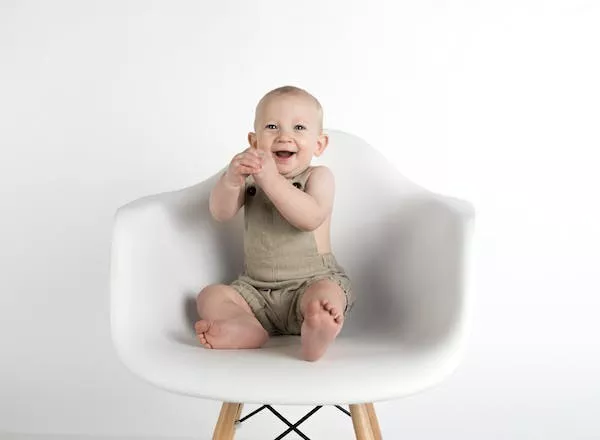Welcoming a newborn into the world is an incredible experience that brings immense joy to parents. Along with this joy comes the responsibility of ensuring their little one’s comfort and well-being. One essential aspect of newborn care is understanding their diapering needs. In this comprehensive guide, we will explore the question, “How many diapers do newborns go through a day?” and provide valuable insights to assist new parents in navigating this crucial aspect of their baby’s care.
Understanding Newborn Diaper Usage:
Newborns have unique diapering requirements due to their frequent feedings and rapid digestion. On average, a newborn will use between 8 to 12 diapers per day. However, it’s important to note that each baby is different, and their diaper usage may vary. Factors such as feeding patterns, metabolism, and overall health can influence the number of diapers needed.
a. Feeding Patterns and Diaper Changes:
Newborns typically feed every 2 to 3 hours, which often leads to more frequent diaper changes. Breastfed babies tend to have more frequent bowel movements, resulting in increased diaper usage. On the other hand, formula-fed babies may have fewer bowel movements but still require regular diaper changes.
b. Nighttime Diapering:
During nighttime, it is advisable to use overnight diapers designed specifically for extended wear. These diapers offer higher absorbency, reducing the need for middle-of-the-night diaper changes. By using overnight diapers, parents can ensure their baby stays comfortable and undisturbed during sleep.
Essential Tips for Managing Diaper Usage:
Managing diaper usage efficiently can help parents stay prepared and ensure their baby’s comfort throughout the day. Here are some useful tips:
a. Stock Up on Newborn Diapers:
Before the arrival of your baby, it’s wise to stock up on newborn diapers. Aim for at least a two-week supply to ensure you don’t run out. Newborn-sized diapers are specifically designed to fit your little one snuggly, providing optimal comfort and leak protection.
b. Keep a Diaper Changing Station:
Create a dedicated diaper changing station in your home, equipped with diapers, wipes, diaper rash cream, and a changing pad. This setup will streamline diaper changes and keep everything you need within arm’s reach.
c. Monitor Wetness Indicators:
Many diaper brands come with wetness indicators, which change color when the diaper is wet. Monitoring these indicators can help determine when it’s time for a diaper change, preventing unnecessary changes and saving on diaper usage.
d. Practice Proper Diaper Fit:
Ensuring the diaper fits correctly is crucial for preventing leaks. Fasten the diaper snugly but not too tight, and make sure it covers the baby’s bottom fully. Regularly check for red marks or signs of discomfort, indicating the need for a larger diaper size.
Diaper Quantity Calculation:
To estimate the number of diapers you’ll need, it’s helpful to consider the following factors:
a. Daily Diaper Usage:
Based on the average diaper usage of 8 to 12 diapers per day, calculate the number of diapers needed for a week, month, or any desired timeframe. This calculation will help you plan your diaper supply and budget accordingly.
b. Diaper Package Sizes:
Diapers are typically sold in various package sizes. Consider purchasing larger packs to save money in the long run. However, be cautious not to overstock on a particular size, as babies grow quickly, and their diaper size will change accordingly.
c. Diaper Subscription Services:
Some companies offer convenient diaper subscription services, delivering diapers directly to your doorstep. These services often offer discounted rates, making them cost-effective and ensuring you never run out of diapers.
Conclusion:
Understanding how many diapers newborns go through a day is essential for new parents. By considering factors such as feeding patterns, diaper changing frequency, and nighttime diapering, parents can ensure their baby remains comfortable and dry. Furthermore, following tips such as stocking up on newborn diapers, creating a diaper changing station, monitoring wetness indicators, and practicing proper diaper fit will help manage diaper usage efficiently. By being well-prepared and informed, parents can enjoy their baby’s early days without worrying about diapering needs.


